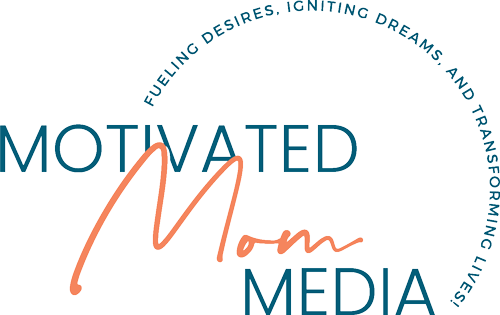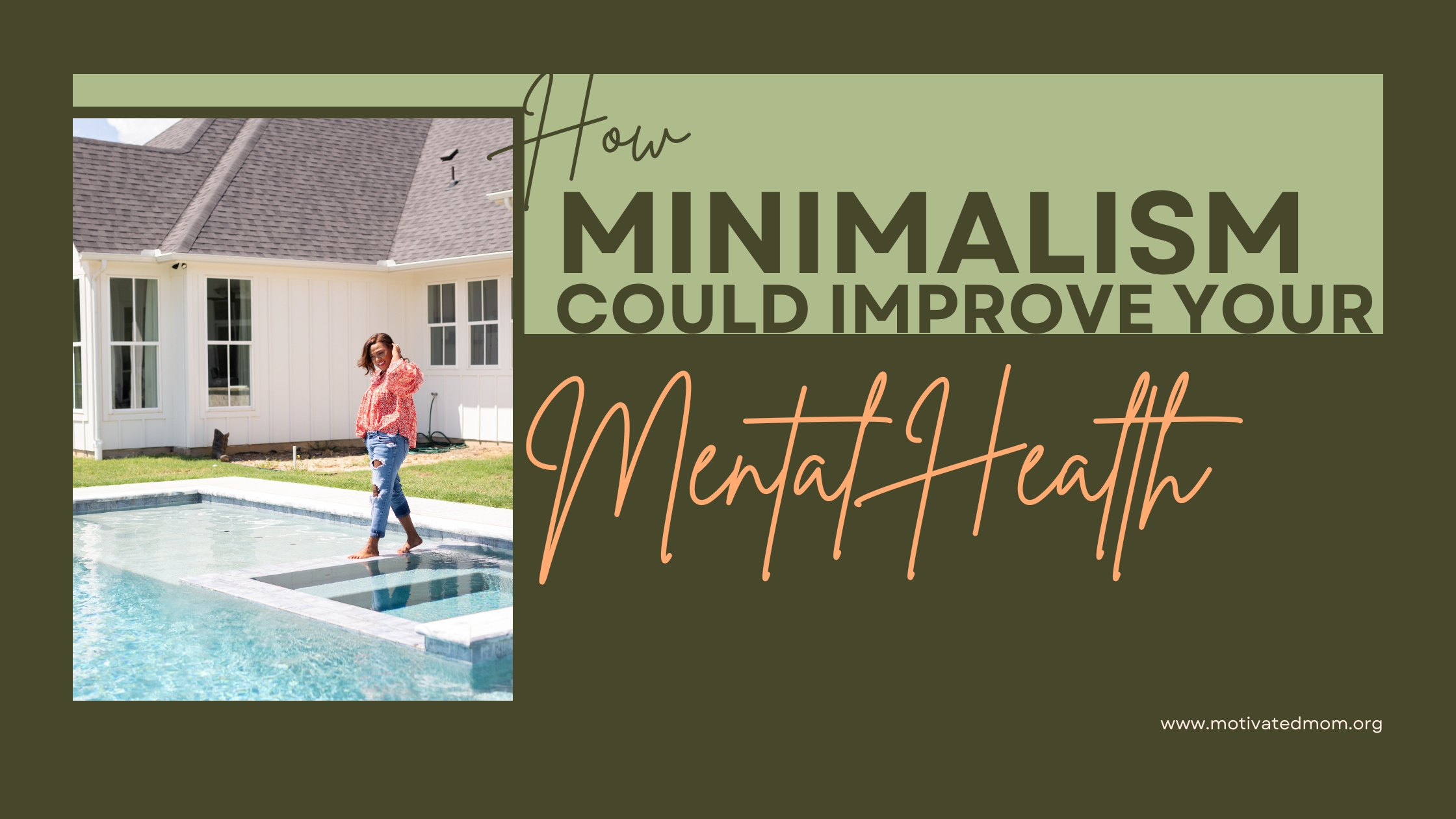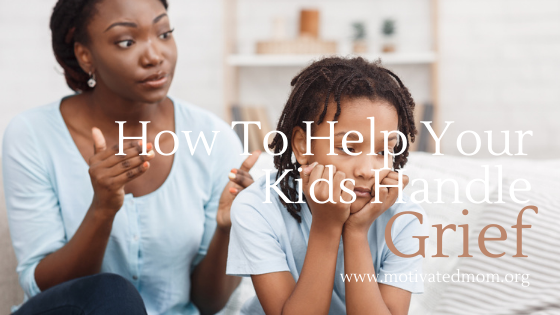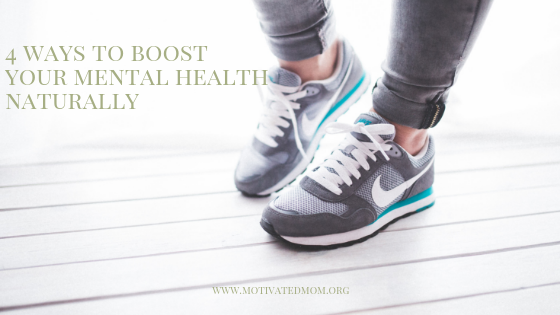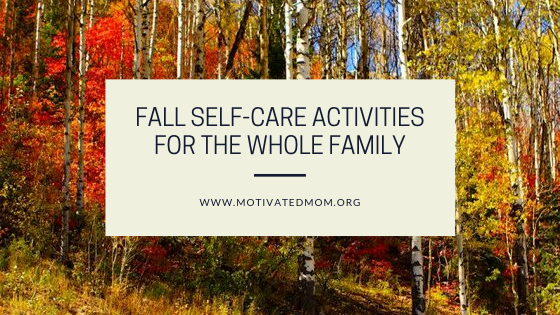How Minimalism Could Improve Your Mental Health
Minimalism may be on its way out because of years of being stuck at home, but many still hold onto it. Those who it clicked with have discovered how minimalism can improve your mental health and impact every part of your life. Curious how it works? Here are a few ways that minimalism could improve your mental health.
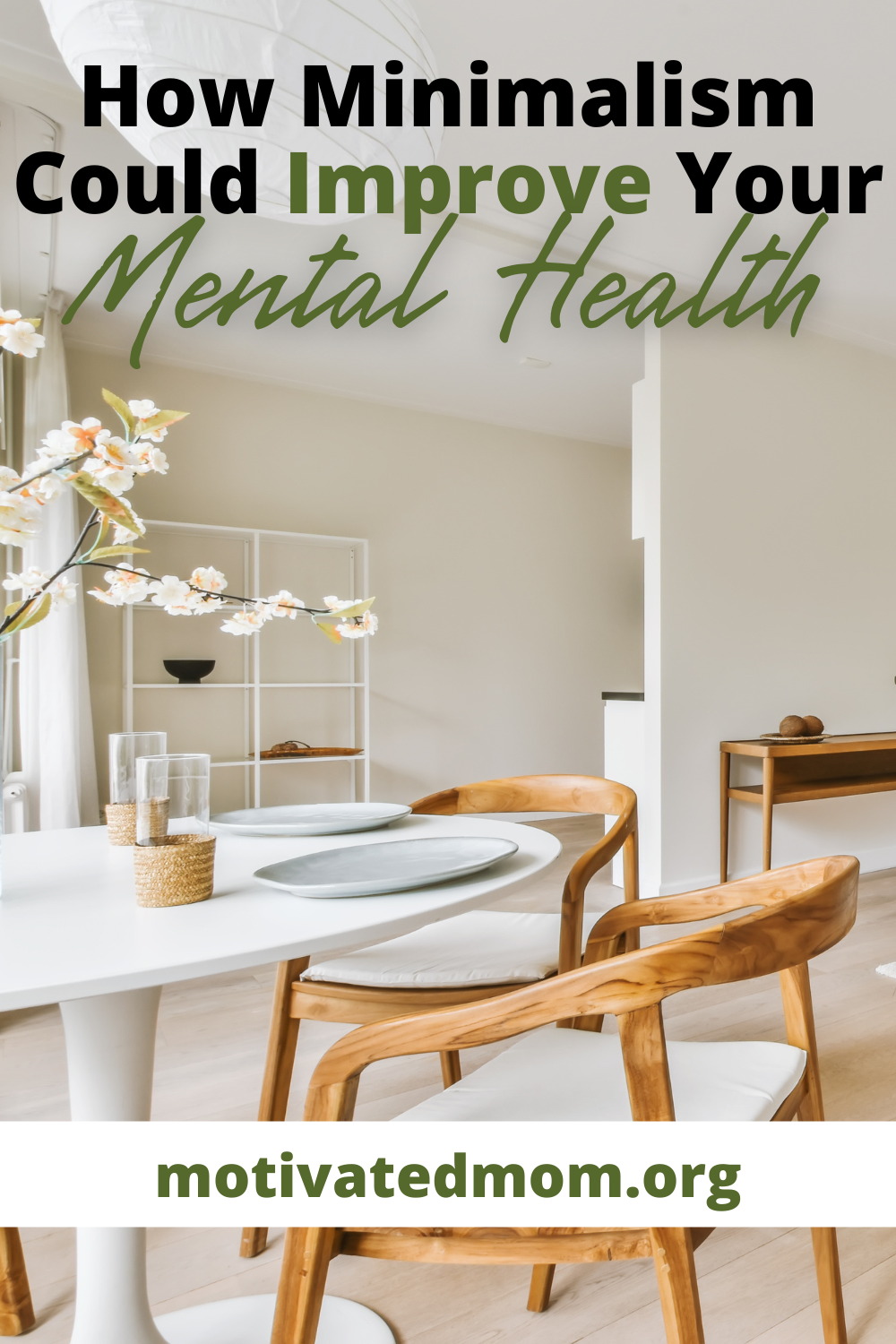
Minimalism Reduces Overstimulation
Anyone who is neurodivergent understands all too well what overstimulation is, but it can happen to anyone. Have you ever found yourself frustrated when the TV is too loud, people are chatting outside your door, and somewhere in the neighborhood, a lawnmower is running while you’re trying to read something? That frustration is overstimulation. There are just too many things going on for you to be able to focus. This can happen when you have too many things too. This is why having a messy desk might feel stressful.
But minimalism can help. Everything in your line of sight is a distraction. It’s another thing your brain must process every second of every day. The more items in your line of view, the more distracted you will become and the more quickly you will become overstimulated. Having fewer things in your space is the same as turning off the TV and asking the people talking outside your door to take the conversation somewhere else, but with more long-term results.
Greater Awareness of the World
When you start down the path of minimalism, you learn about living intentionally and buying intentionally. When your favorite brand drops a new jacket, you will find yourself stopping and asking yourself, “do I need a new jacket?” where you might have previously gone out and bought it simply because it exists. You start becoming more aware of your values and evaluating the world around you in greater detail. You begin looking at social media and see how much of it is an ad trying to get you to buy something. Then you realize how much of our modern world is designed around distracting you from your values and the simple joys in life. Minimalism is the gateway to greater awareness of the world.
Reduces Stress
Not only does minimalism help to reduce overstimulation, but it also helps to reduce stress. Having fewer things in your space has a calming effect and creates a less stressful environment. Going into a room with few things when stressed is also very helpful. It allows you the space to take some deep breaths and just relax without having things all around you.\

Reduces Guilt
Do you feel guilt over not cleaning enough despite working a full-time job, having to commute, having to feed yourself, and, if you have kids, everything they entail? Well, you aren’t alone. It happens to us all, and a study performed in 24 countries worldwide has proven that it impacts our health, job performance, and ability to unwind. We carry that guilt of having a dirty home into every aspect of our lives.
But once again, minimalism can help. Having fewer things means that your home looks less cluttered, and there is less pressure to clean constantly. Fewer things need to be put away each day, and in minimalism, everything has a home it should always be returned to. Once you get the hang of it, you can reduce cleaning your home to laundry as necessary, running the dishwasher, and occasionally dusting. No reason to feel guilty anymore!
Reduces Financial Insecurity
The link between minimalism and the stress of financial insecurity is pretty much a direct line. You buy fewer things when you’re a minimalist, so spend less money. You also have fewer things that need to be replaced or upgraded. But that isn’t all; intentionalism changes how you think about shopping. You try to find ways to use what you already have instead of going out and buying something new. You will also wear something out until it is completely unusable. When you shop, you try to find things that can serve multiple uses, so you don’t have to own as many things. I’m not just talking about a washer/dryer combo; it might also be using vinegar to wash down your counters and its culinary uses. All this results in you spending less, meaning you can save more and feel better about your financial security.
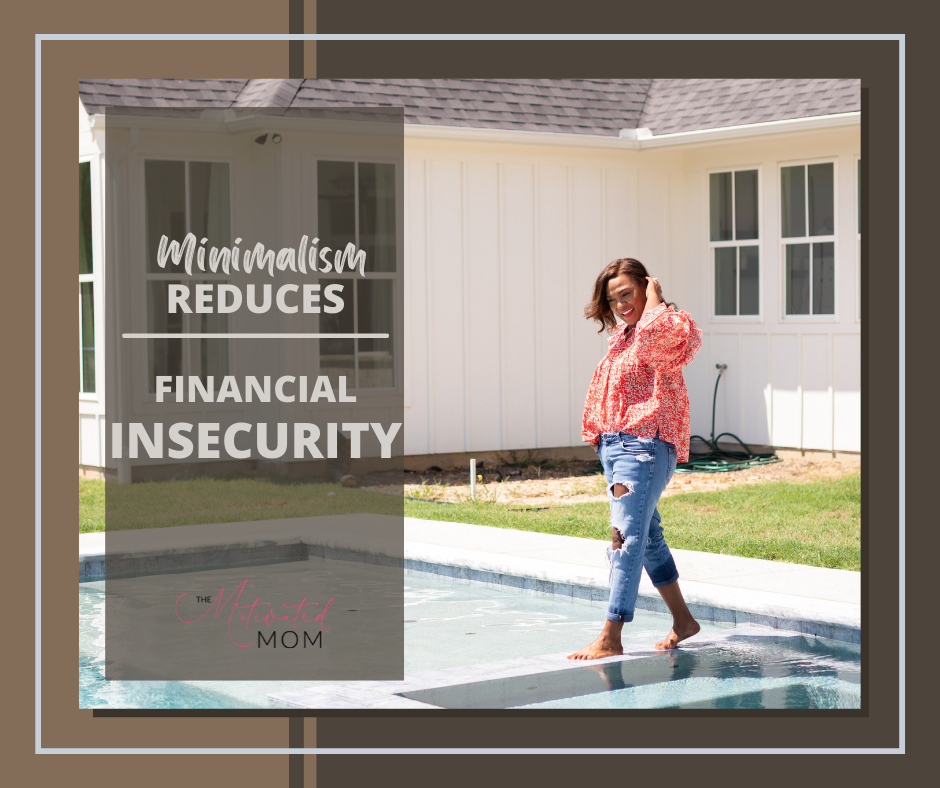
Stops “Keeping Up with the Joneses” Comparisons
The Keeping up with the Joneses phenomenon has been heavily documented since at least the 1990s, if not earlier, so why is it something we’re still dealing with today? Social media has only served to make it worse! In case you aren’t familiar with the concept, Keeping up with the Joneses is jealousy and inadequacy because your neighbor, the Joneses, has all the latest and greatest. You feel a need to spend more and work more to keep up with them. Only now, they aren’t just your neighbors; they’re random strangers lying on a beach in Cambodia or your friends buying the brand new Range Rover.
Because minimalism changes the way you think about the world, it also gives you space to take a step back and see how silly it is to compare your life to someone else’s. Why be jealous of your neighbor’s new pool? If it mattered that much to you, you could save up and get one too. Or maybe you’ll stop and feel sorry for that neighbor, knowing how much time and money will have to go into taking care of that pool. I’m rereading Essentialism, and it is an excellent book about minimalism.
Reduces Decision Fatigue
Finally, minimalism helps reduce decision fatigue. What is decision fatigue, you ask? Well, do you ever have one of those days where you get to dinner time, you’re starving, and you can’t decide what to have for dinner? Not only can you not decide you wish someone would just show up at your house and give you food without you having to think about it. Maybe that’s just me. But that’s decision fatigue. Where even the act of considering what to have for dinner is too much work. Sometimes having a lot of options in life is a bad thing. You will find a trend among high-power CEOs wearing the same thing daily. They always wear a black turtle neck and jeans. It’s all they own like it’s their uniform. It is one less decision they have to make in their day, saving their brains just a little bit for the things that matter.
This is precisely what minimalism does. In your closet, you don’t have to decide from 20 different shirts; you only own 5. This doesn’t just apply to your wardrobe, though; every decision is every part of your day is made more accessible because you love everything you own. It is not an easy thing to do, but it can improve your mental health. Since it’s self-care awareness month….why not?!

